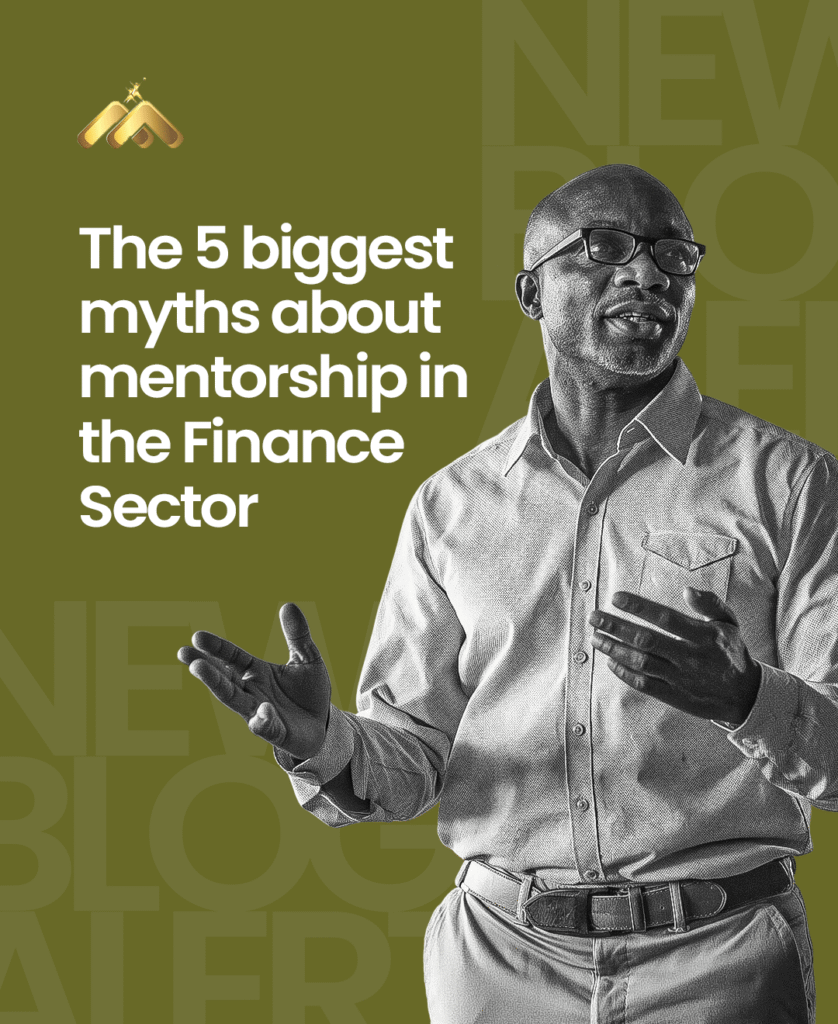
Mentorship has long been a powerful driver of career growth especially in high-stakes fields like finance, where competition is fierce and the learning curve is steep. But despite its proven benefits, there are still plenty of myths and misconceptions about what mentorship actually looks like in this industry. Let’s break them down.
Myth 1: Mentors are only for beginners
Many professionals assume that once they’ve landed a stable role or climbed a few rungs up the ladder, mentorship is no longer necessary. In truth, the finance sector evolves constantly — think changing regulations, digital transformation, and new investment trends. Even seasoned professionals benefit from fresh perspectives, industry insights, and strategic guidance from those who’ve navigated similar transitions before.
Myth 2: Mentorship in finance is purely technical
Yes, your mentor can teach you how to read market indicators or structure a deal — but great mentorship goes beyond numbers. In finance, soft skills like negotiation, ethical decision-making, and stakeholder management are equally crucial. A good mentor will help you balance the technical and the interpersonal.
Myth 3: You need to work in the same company as your mentor
While internal mentorship can be valuable, it’s not the only option. Many impactful mentorships happen across organizations, industries, or even continents. A portfolio manager in London might mentor a young investment analyst in Lagos. Digital communication has made cross-border mentorship not just possible, but powerful.
Myth 4: Mentorship is a one-way street
The stereotype is that mentors give and mentees take — but in reality, the best mentorships are mutually beneficial. Mentors often gain fresh perspectives, renewed motivation, and even new opportunities through their mentees.
Myth 5: Finding a mentor is all about luck
Yes, serendipity plays a role — but you can increase your odds by being intentional. Attend finance networking events, join professional associations, and engage with thought leaders on platforms like LinkedIn. A clear introduction, specific goals, and genuine interest go a long way.
Mentorship is not just for the inexperienced — it’s for anyone who wants to grow, adapt, and stay ahead.
